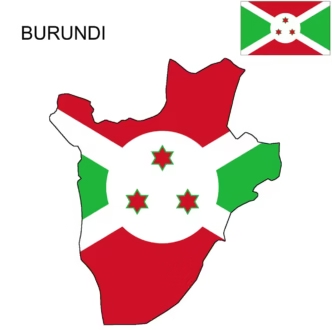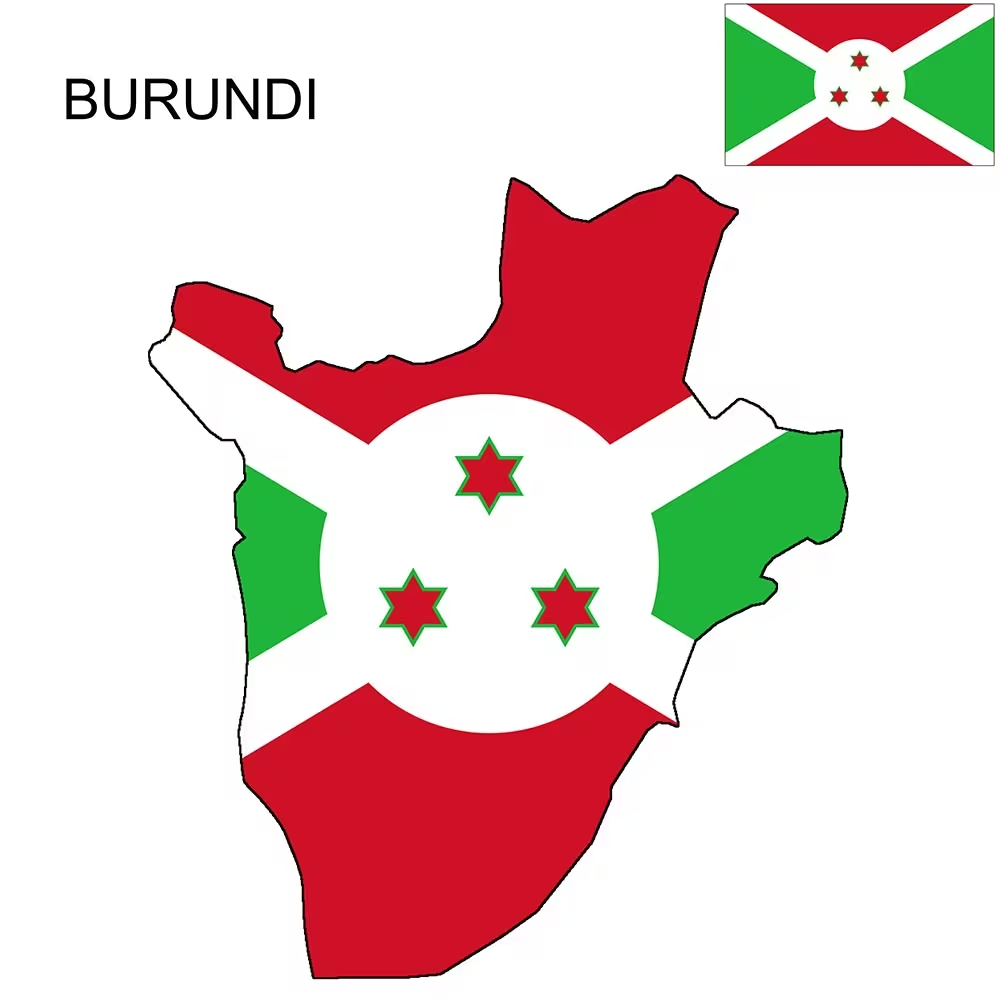The World Health Organization (WHO) has officially recognized Burundi as having eliminated trachoma as a public health problem. This major milestone makes Burundi the eighth country in the WHO’s African Region to achieve such a significant public health victory.
Trachoma, an infectious disease caused by the bacterium Chlamydia trachomatis, is one of the leading causes of preventable blindness worldwide. It spreads through close personal contact, contaminated surfaces, and flies that have touched the eye or nasal discharge. Without treatment, repeated infections can cause eyelid scarring, leading to eyelashes turning inward and scratching the eye, which may result in permanent blindness.
Elimination as a public health problem means the disease is no longer a major threat to public health in the country. This status is determined through rigorous data collection and verification processes that ensure the disease’s burden has been sustainably reduced.
Burundi’s achievement highlights the power of community health interventions, cross-sector partnerships, and targeted strategies focused on improving access to clean water, hygiene, and sanitation, all key components in preventing trachoma transmission.
Burundi now joins a list of other African countries that have achieved trachoma elimination status, including Ghana, Morocco, The Gambia, Togo, Malawi, Benin, and Mauritania. These countries have demonstrated that with the right resources, political commitment, and community engagement, diseases that once seemed entrenched can be successfully tackled.
Burundi’s success story serves as a model for other nations striving to eliminate trachoma and improve public health outcomes. It also reflects the country’s growing investment in health equity, preventive care, and sustainable development.
As the world works toward ending preventable blindness, Burundi’s achievement stands as a clear example that progress is not only possible but within reach for all communities when given the tools to thrive.














